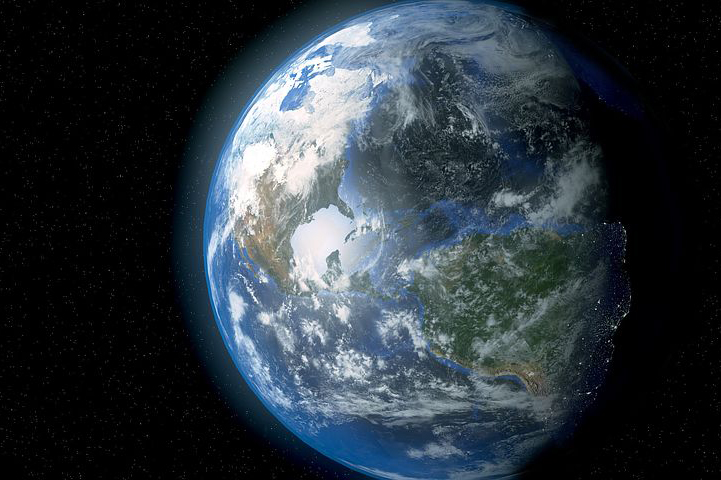The modern era, with its untenable environmental practice, will eventually end. The question is, will human society end with it or will we evolve to a more sustainable relationship with the planet? This question served as the central reflection of Rick Steiner’s Earth Day presentation, Oasis Earth: Planet in Peril.
April 22 was the 50th anniversary of Earth Day, the national demonstration that in 1970 launched the modern environmental movement. Earth Day is usually marked with rallies, environmental clean-up efforts, and teach-ins. However, COVID-19 made all such activities impossible this year. So, when Boston College’s Environmental Studies Program was looking for a BC Earth Day event that could be hosted over Zoom, BC Law Professor Zygmunt Plater proposed Steiner.
Plater and Steiner met more than 30 years ago when Plater served as chairman of the State of Alaska Oil Spill Commission’s Legal Task Force in response to the Exxon-Valdez oil spill. At the time, Steiner was a biologist teaching at the University of Alaska and captain of a commercial fishing boat.
As Plater described in his introduction to April’s event, Steiner brought this unique combination of experience and expertise, as well as a proclivity for speaking truth to power, to help ensure a science-based response to clean-up of the spill. In the years since, Steiner has continued to work globally on environmental issues. The Guardian has described him as “one of the world’s leading marine conservation scientists,” and “one of the most respected and outspoken academics on the oil industry’s environmental record.”
Steiner based his presentation on his book Oasis Earth: Planet in Peril: Our Last Best Chance to Save Our World (published by Cirque Press and available to download free through the Oasis Earth website).
Steiner focused on the myriad of interrelated ecological and social harms, from climate change and declining biodiversity to economic inequality and the proliferation of nuclear weapons. Invoking the language of the current pandemic, Steiner noted that the “COVID epidemic shows us how important it is to abide by scientific warnings. We need to flatten the curve of environmental damage.”
Ultimately, as is the goal of every Earth Day event, Steiner rallied his audience to remember that we hold the solution to these problems. As he put it, “Science has done its job,” now it’s our turn.
The event came together as part of the long collaboration between the Law School and the Morrissey College of Arts and Sciences. Every year, under Plater’s supervision, 3Ls can apply to the Environmental Law Teaching Program. Selected students work as adjunct BC professors in the spring semester and teach approximately 120 undergraduate students environmental law and policy.
Related News: Within days of the Steiner event, BC Law’s Environmental Law Society elected its 2020-2021 Executive Board. The new officers are Sabrina Morelli (President), Graham McHenry (Vice President), Allie Meade (Secretary), Olivia Salomone (Treasurer), Lindsay Johnson (Project Manager), and Elizabeth Caruso (2L Rep).


